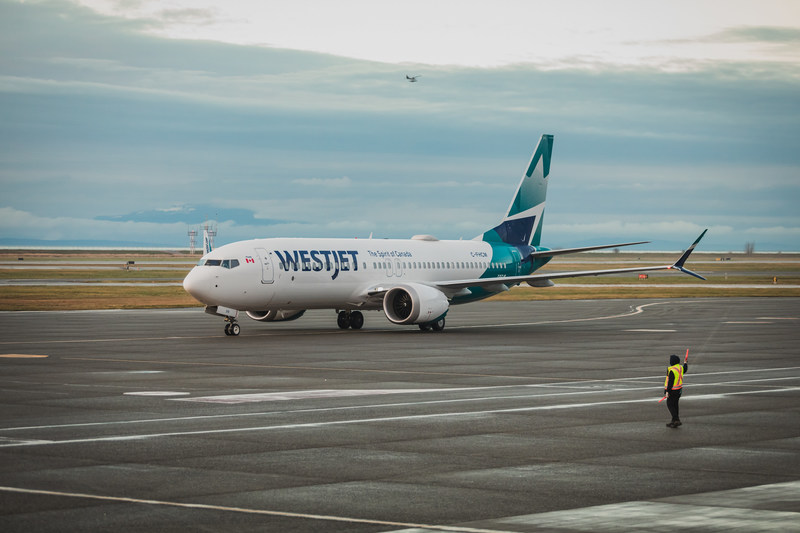Last week, WestJet reported an 11% reduction in its fuel emissions intensity in 2023, compared to 20191. The reductions align with the airline’s commitment to responsible growth and the International Civil Aviation Organization’s (ICAO) goal for achieving net zero carbon emissions by 2050.
The lower aircraft emissions intensity can be attributed to strategic initiatives including fleet modernization and a responsible shift in network planning. By incorporating newer, more fuel-efficient aircraft and optimizing flight routes, WestJet is successfully curtailing its impact on the environment.
«Sustainability has been a core value for WestJet for more than two decades. Our achievements in reducing emissions intensity demonstrates our commitment to climate change and positions WestJet as a leader in Canada with a proven track record in sustainable aviation,» said Angela Avery, WestJet Group Executive Vice President and Chief People, Corporate and Sustainability Officer.
WestJet remains committed to sustainable aviation as it strives to find innovative ways to build upon its momentum, while continuing its mandate of providing affordable air travel for Canadians. The airline’s current initiatives include progressive fleet modernization plans and advocacy for sustainable aviation fuel production in Canada.



